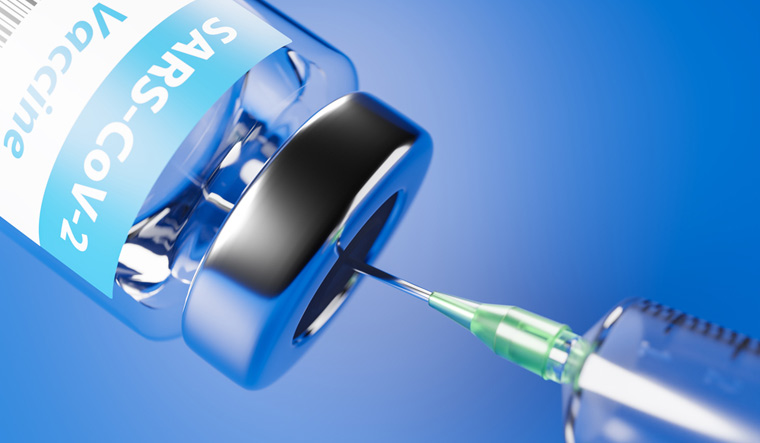India will get 100 million doses of Sputnik V, the Russian COVID-19 vaccine, once it receives the regulatory approval. The trials for the vaccine and its distribution in India will be handled by the Hyderabad-based pharma company, Dr Reddy's.
However, the Russian government is yet to reveal the names of the company that will be manufacturing these vaccines. “We confirm that we are in talks with Indian manufacturers (for vaccine production). We will be filing for regulatory approval (from the Indian regulator) shortly. The 100 million doses will be for population-wide use, subject to successful clinical trials and regulatory approval,” a spokesperson from the Russian Direct Investment Fund, Russia's sovereign wealth fund, told the media.
Upon regulatory approval in India, RDIF shall supply to Dr Reddy's 100 million doses of the vaccine. Deliveries could potentially begin in late 2020, subject to completion of successful trials and registration of the vaccine by regulatory authorities in India, RDIF said in a statement.
Sputnik V, the adenovirus vector-based COVID-19 vaccine candidate that is being developed by Moscow-based Gamaleya Research Institute of Epidemiology and Microbiology, is the world's first registered vaccine after the Russian health ministry gave approval for it on August 11. Union Health Minister Dr Harsh Vardhan had said on Sunday that India could consider "emergency use authorisation" for a COVID-19 vaccine, and subject to consensus, the country could go ahead with emergency use especially in case of "senior citizens and people working in high-risk settings".
As of now, apart from Dr Reddy's, Pune-based Serum Institute of India has an agreement for conducting the clinical trials and manufacturing the Oxford-AstraZeneca vaccine, and Hyderabad-based Bio-E has an agreement to manufacture the J& J COVID vaccine, as well as manufacturing a billion doses of the vaccine developed by the Texas-based Baylor College of Medicine. Besides, Indian companies are working on domestic candidates too – both Bharat Biotech and Zydus Cadila are testing one vaccine candidate each.
The Cadila candidate, that requires three doses, has completed Phase 1 trials, and recruitment for the Phase 2 trials is ongoing. For the Bharat Biotech vaccine candidate (requires two doses), the Phase 1 trials are completed – results of which are still being analysed – as is the recruitment for Phase 2 trials.
“Russia has a good history of developing vaccines. This vaccine, too, we presume, is a good one. They have just published in The Lancet the results of the trial (safety and efficacy) on 76 patients, showing that the vaccine is effective and generates antibodies. In India, we have a high-level committee for vaccines, and Russian and Indian diplomats are also talking about the issue. But they have not finished Phase 3 trials, they have only begun the trials. For any product from outside (India) to undergo Phase 3 clinical trials in India, there are clearances required from the regulator. Once those are done, we can start Phase 3 trials in India,” said Dr Balram Bhargava, director general, ICMR.
According to The Lancet article, the vaccine has a "good safety profile" and induced strong humoral and cellular immune responses, as per phase 1/2 studies conducted in two hospitals in Russia. In the two open, non-randomised phase 1/2 studies, a total of 76 volunteers were enrolled. No "serious adverse events" were reported; most were "mild," according to the article. The common adverse events were pain at the injection site, hyperthermia, headache, asthenia (abnormal physical weakness or lack of energy) and muscle and joint pain.
Both cell-mediated and humoral (antibodies) immunity to the SARS-COv2 had been achieved in all the participants, Russian scientists have claimed. Pre-existing immunity due to people already being exposed to common adenoviruses that is being debated in the scientific community had not affected responses to Sputnik V, said Kirill Dmitriev, CEO, RDIF.
The Russian approach was safe and would initiate long-lasting immunity, while other countries were using newer, and poorly researched approaches with no long-term efficacy data, he said.



